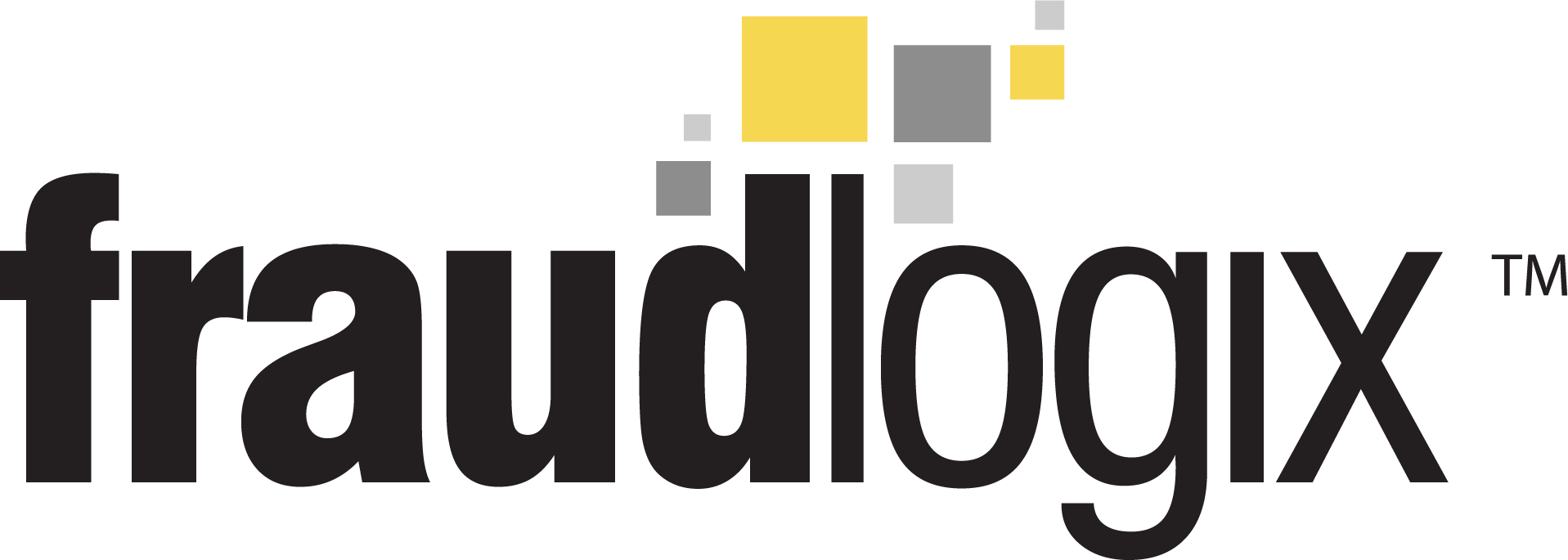Lead generation is an essential part of modern marketing, allowing businesses to capture potential customers and convert them into actual sales. However, lead generation fraud has become a significant problem for companies, affecting their revenue, reputation, and customer base. This article explores the international perspective on lead generation fraud, analyzing how it is perpetrated across different countries, the varying degrees of enforcement, the impact of cross-border collaborations, and the solutions to combat fraud.
The Global Challenge of Lead Generation Fraud
Lead generation fraud is a global problem that affects businesses across different countries, industries, and verticals. Fraudulent lead generation practices can range from fake clicks to bot traffic to spoofed data. Fraudsters use various techniques to generate fake leads, such as creating fake websites, using automated bots, or buying data from unreliable sources. These practices not only result in wasted marketing budgets but also damage a company’s reputation and trust with customers.
The Varying Degrees of Enforcement Across Different Countries
One of the biggest challenges in combating lead generation fraud is the varying degrees of enforcement across different countries. Some countries may have stricter laws and regulations in place, while others may have less enforcement and more lenient penalties for fraudsters. This creates an opportunity for fraudsters to operate across borders and exploit legal loopholes. In some cases, fraudsters may even be protected by local laws, making it difficult for law enforcement agencies to pursue them.
The Impact of Cross-Border Collaborations
Cross-border collaborations can be an effective way to combat lead generation fraud, as it enables different countries and law enforcement agencies to share information, knowledge, and best practices. However, the effectiveness of these collaborations depends on the level of trust, communication, and cooperation among the parties involved. For example, some countries may be reluctant to share information with others due to political or economic considerations. Additionally, cultural and language barriers can also hinder cross-border collaborations.
Solutions to Combat Lead Generation Fraud
One way to combat lead generation fraud is to establish international standards and guidelines for lead generation practices. This can help create a level playing field and reduce the risk of fraud. Additionally, the use of advanced technologies such as blockchain and artificial intelligence can help detect and prevent fraudulent lead generation practices. For example, blockchain technology can be used to create a transparent and secure ledger of all transactions, while artificial intelligence can be used to analyze data and identify patterns of fraud.
Businesses that engage in affiliate marketing should also take steps to protect themselves against lead generation fraud. They should implement fraud detection tools, monitor traffic sources, and verify leads before paying commissions. They should also be aware of the legal and regulatory environment in the countries where they operate and ensure compliance with applicable laws and regulations.
Lead generation fraud is a global problem that requires a coordinated and collaborative approach to combat. By working together, we can combat lead generation fraud and ensure a fair and transparent marketplace for businesses and consumers alike.



